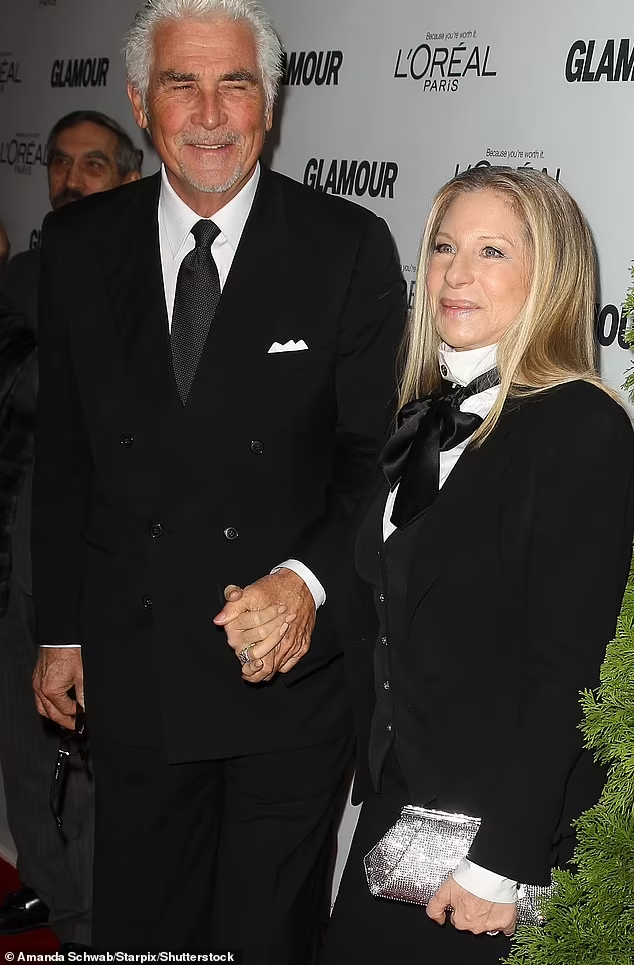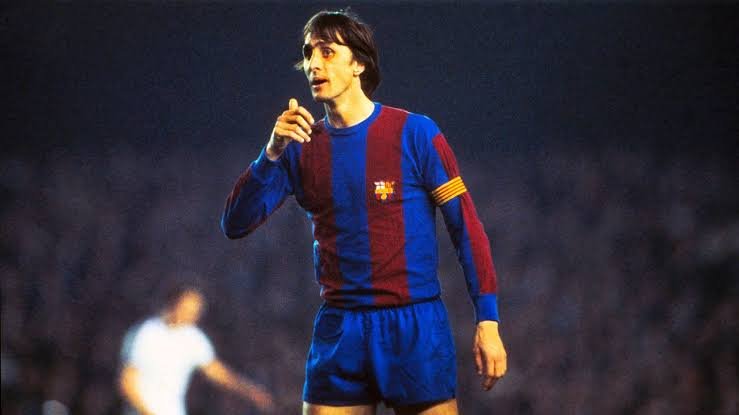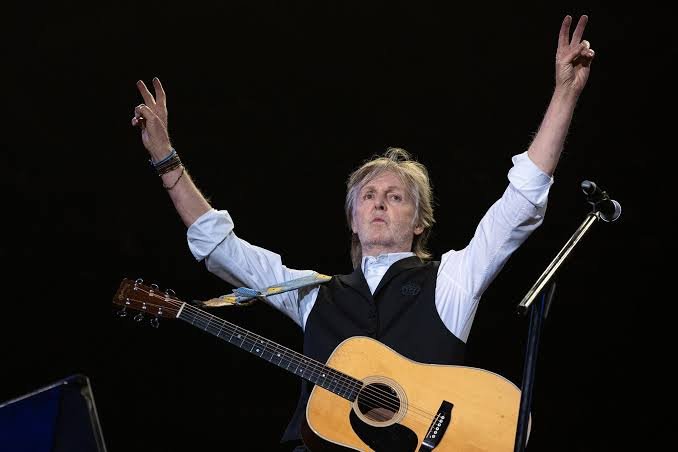
Michael Jackson’s Betrayal of Paul McCartney: A Complicated Legacy
The friendship between Paul McCartney and Michael Jackson was once a celebrated collaboration of musical giants. However, it took an unexpected turn that left McCartney feeling betrayed and marked a significant shift in the music industry. The story of how Jackson’s business acumen clashed with McCartney’s artistic trust continues to intrigue fans and industry insiders alike.
The seeds of their collaboration were planted in the early 1980s, when McCartney and Jackson teamed up for several successful tracks, including “The Girl Is Mine” from Jackson’s *Thriller* album and “Say Say Say” from McCartney’s *Pipes of Peace*. Their partnership seemed harmonious, blending McCartney’s legendary songwriting prowess with Jackson’s unique vocal talent and star power. The songs topped charts and delighted audiences, symbolizing a mutual respect and shared creativity.
Behind the scenes, McCartney had shared a crucial piece of advice with Jackson: the importance of music publishing rights. McCartney, who had been buying the publishing rights to various songs as a long-term investment, explained how owning these rights could generate substantial revenue and control over the use of music. Jackson listened intently, and it appeared the lesson resonated with him.
In 1985, the dynamics of their relationship dramatically changed. Jackson made a bold business move by purchasing the ATV Music catalog for $47.5 million. This catalog included the rights to more than 250 Beatles songs, the very essence of McCartney’s legacy. Despite McCartney’s attempts to acquire the rights himself, Jackson outbid him, securing ownership of some of the most valuable songs in music history.
The acquisition was a shock to McCartney. “I thought it was a joke at first,” he later recalled. “Someone called me up and said, ‘Michael’s bought your songs.’ It was very difficult to understand because I’d actually advised him to buy music. I thought he was joking. But he wasn’t.” The move was seen by McCartney as a betrayal, not just on a personal level but also as a breach of their professional camaraderie.
Jackson defended his actions as purely business. “Paul and I were partners in the music business,” he said in an interview. “I was just looking at it from a business point of view.” However, the personal fallout was undeniable. McCartney felt undermined and hurt by the unexpected move, and their friendship suffered irreparable damage.
The rift between the two icons highlighted the often harsh realities of the music industry, where artistic bonds can be overshadowed by financial interests. McCartney’s frustration was compounded by the fact that he had to pay royalties to Jackson every time he performed his own Beatles songs.
Over the years, the story of Jackson’s purchase of the Beatles catalog has become a cautionary tale about the intersection of friendship and business. Despite the betrayal, McCartney has always maintained a level of respect for Jackson’s talent and contributions to music. “I admired Michael as an artist and a performer,” McCartney said. “But it was hard to separate the personal hurt from the business reality.”
In 2009, following Jackson’s death, the ownership of the catalog became part of his estate. Eventually, in 2017, McCartney reached a private settlement with Sony/ATV, regaining some of the control over his songs, bringing a sense of closure to the long-standing dispute.
The saga of Michael Jackson and Paul McCartney serves as a powerful reminder of the complexities that can arise when personal and professional worlds collide, especially in an industry as intricate and high-stakes as music.


